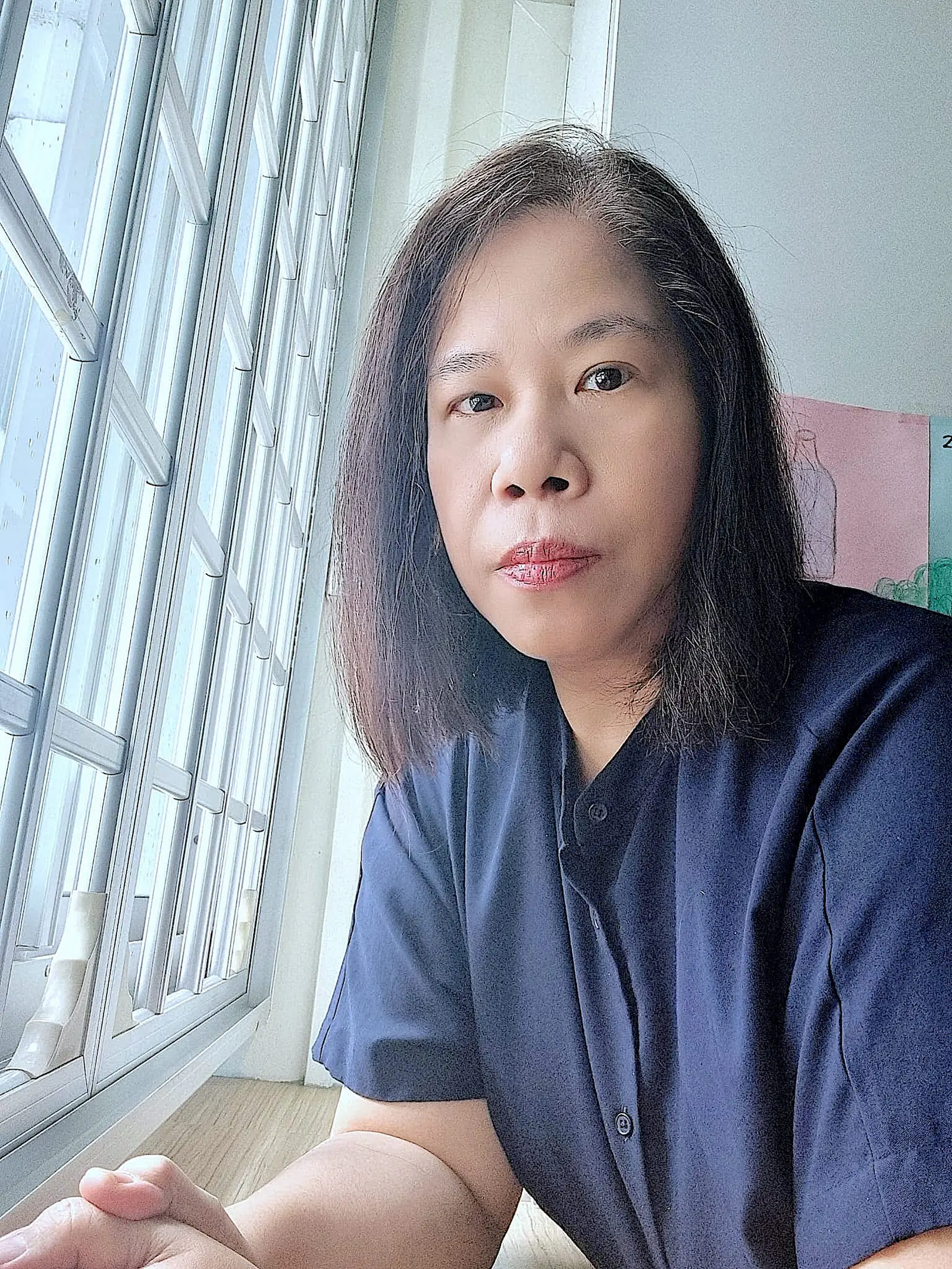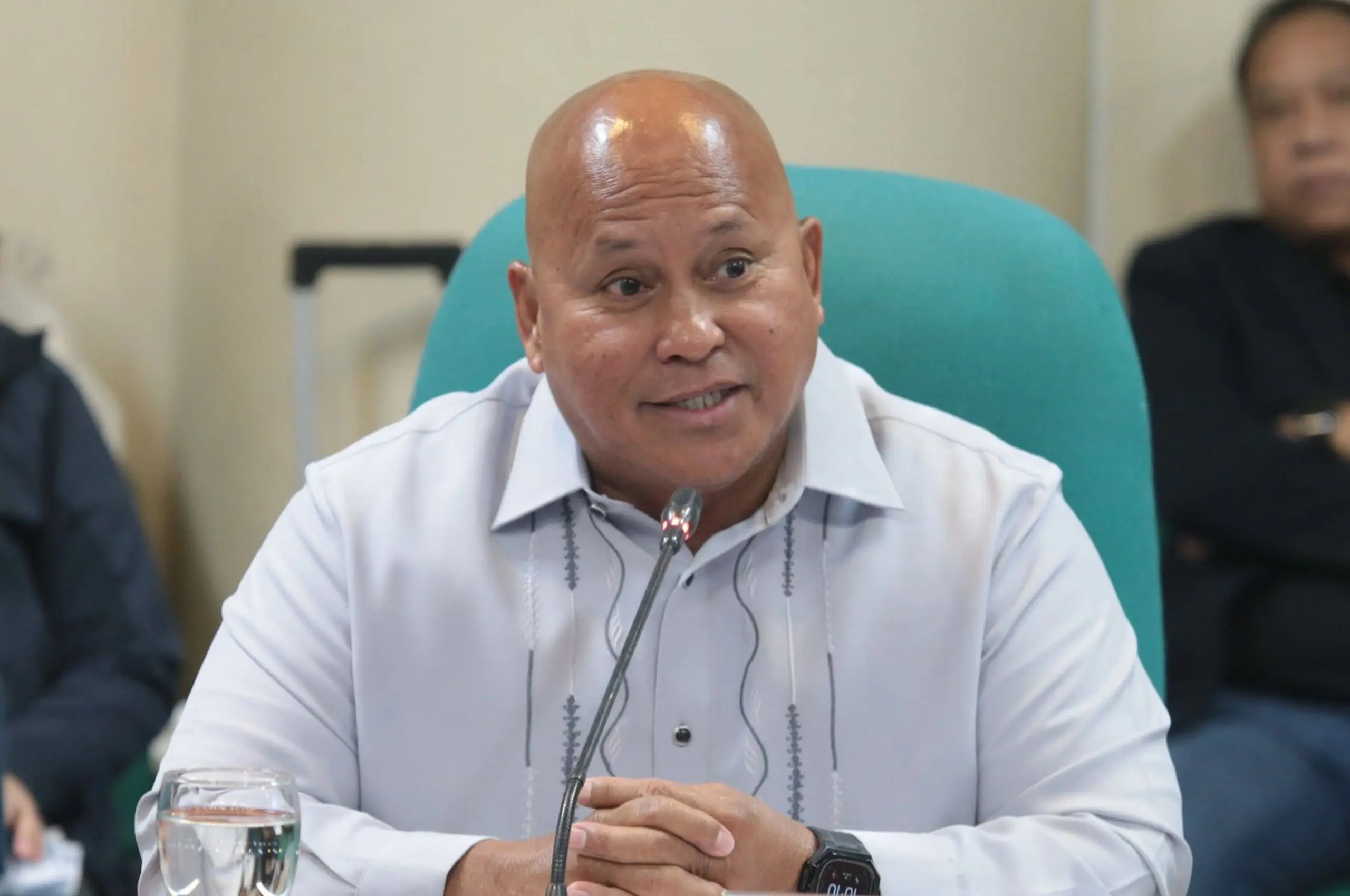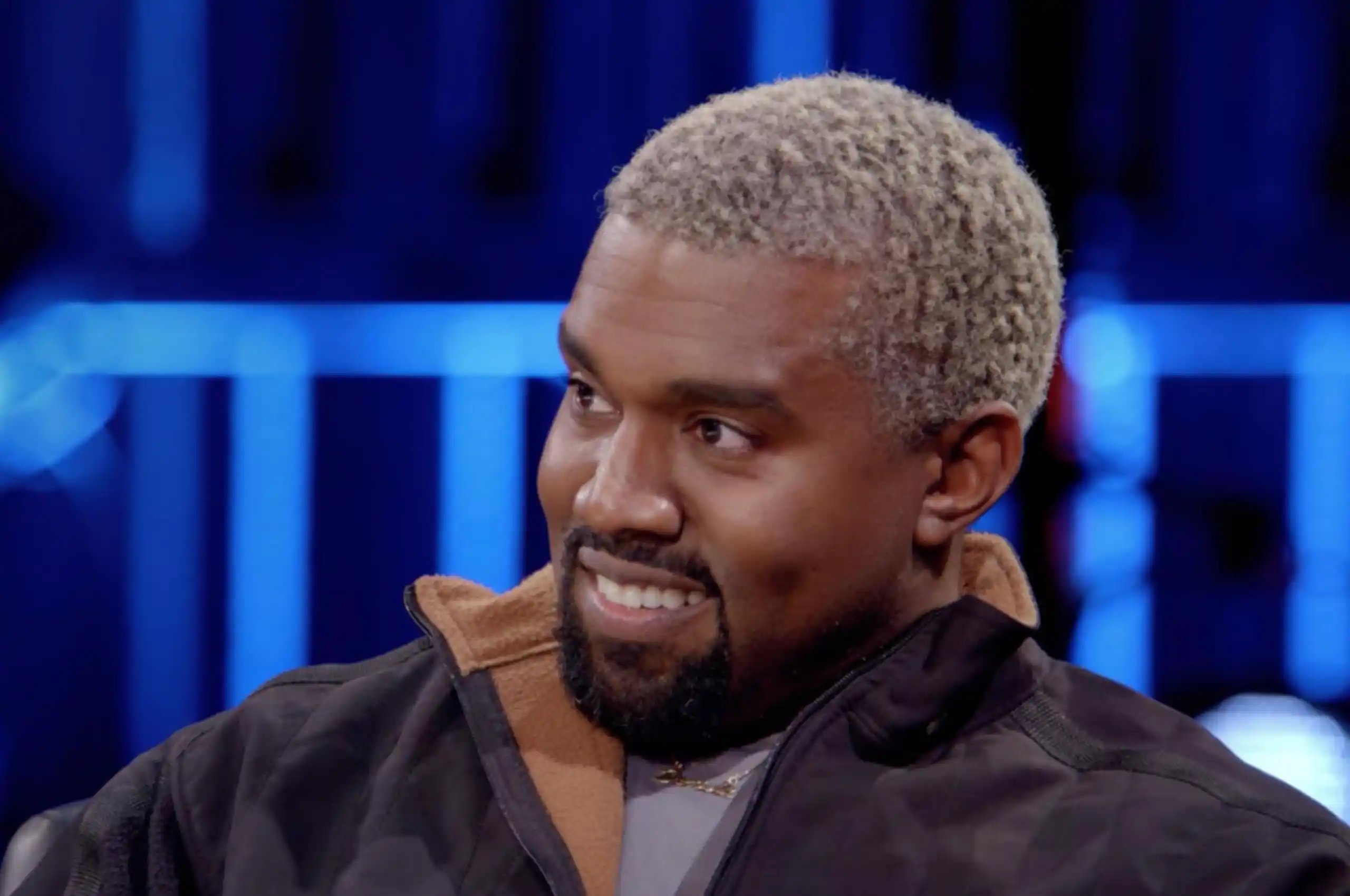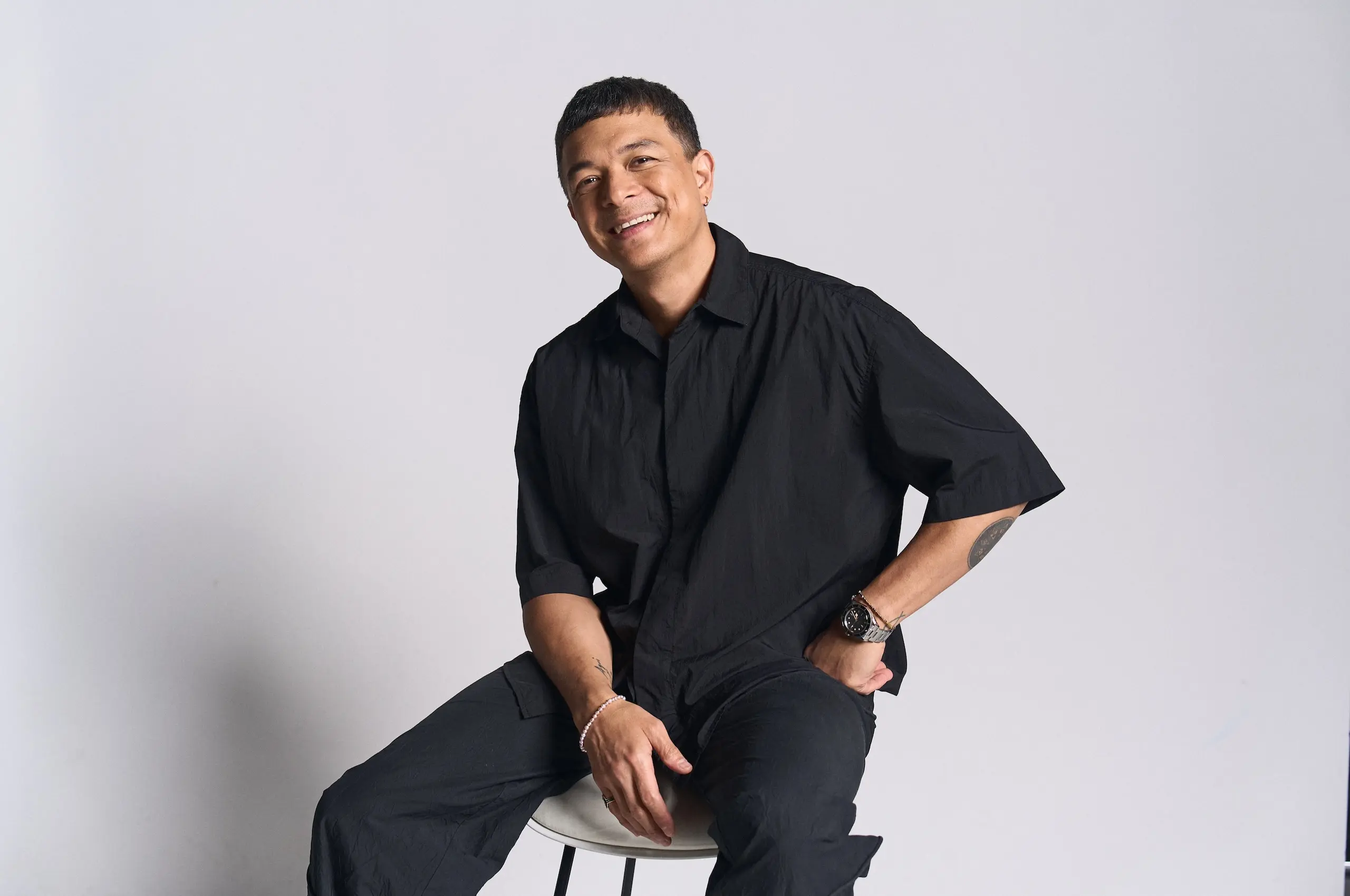It’s been ten years since F.H. Batacan’s debut novel Smaller and Smaller Circles was expanded for a new run under Soho Crime, the New York-based imprint of Soho that specializes in crime fiction and publishes authors such as Cara Black and Stuart Neville. The distinct detective novel is a pioneer in crime fiction in the Philippines, and has been called a “unique and necessary step in the evolution of Philippine fiction” by the Madrigal Best First Book Award, which it won in 2003.
Now, fans of Batacan’s successful first novel will have more to look forward to as Accidents Happen reunites them with beloved characters from the novel, such as the reporter Joanna Bonifacio and Father Gus Saenz. Buzzy American book editorial site Book Riot has already added Accidents Happen to their list of “Mysteries to Get Excited About,” plus a starred review from Publishers Weekly.
Accidents Happen comprises 11 tales, a mix of new and previously published stories. It’s a treat to encounter Batacan’s stories — stark reminders of her narrative propulsion and incisive attention to detail, such as in the book’s penultimate story, “Comforter of the Afflicted,” where Father Saenz investigates the death of a woman whose secrets may hold the key to solving her murder case. Tightly plotted with interwoven flashbacks to the circumstances that lead to the victim’s death, “Comforter of the Afflicted” bottles Batacan’s capability to turn out a gripping story while touching on Philippine politics and the contradictions of gender equality in the country — a topic that is tackled by most of the stories in the collection.

The stories in Accidents Happen may move like a procedural expected of a crime or mystery story. Still, at their core, they question morals and motivations as they examine the multiple layers of Philippine society that lead to these circumstances. Misogyny, injustice, and corruption go hand in hand in these stories, and we are constantly left to face the violence that we encounter every day. A superb writer like Batacan doesn’t offer answers to the questions fronted by the stories. Instead, she provides us with a tangible connection to these moral quandaries that we can always ignore. These aren’t just fictional scenarios. We can’t ignore these things because we live in this world, and it lives in us.
In this brief interview with Rolling Stone Philippines, the award-winning writer gives us a look at how the collection was put together and why Accidents Happen might not be for everyone.
The interview has been edited for brevity.
It took you quite a while to follow up on Smaller and Smaller Circles. What kept you busy in between, and when did you start compiling the stories for Accidents Happen?
I’ve been working in Singapore since 2000, in quite demanding jobs, and it’s been difficult to juggle work and fiction. Then I took a two-year break from 2013 to 2015, during which I moved back home and worked on expanding Smaller and Smaller Circles for Soho Press. I also became a single parent in 2012, and that’s added a lot to my plate. But I’ve been writing all this time – short stories, chapters of novels, a screenplay, CNF [creative non-fiction] — even food essays and recipes. But I rarely publish unless I’m ready and reasonably satisfied with the work. And even when it comes out, I still see things I could have done better.
My agents and I started discussing Accidents Happen around early 2021, and the world was still in the jaws of the COVID-19 pandemic. So one of the newer stories is about the abuse of power during that nightmarish period in our history. I thought to myself that a lot of my work is scattered here and there, online and in out-of-print publications, and it was time to gather them all up in one place for new readers to discover and earlier readers to find again.
Some of the stories in the book have been published as far back as the 1990s. What was it like to revisit them for the book?
What really struck me about revisiting and revising the older stories was just how little our political life in the Philippines has changed these last few decades, and how deeply entrenched the systems and structures that keep Filipinos oppressed remain. And how those that enforce and benefit from these systems have become much bolder, much more unabashed in their corruption and rent-seeking.
In the book’s acknowledgments for example, I talk about evil in power being “charismatic and appealing. It no longer needs to disguise itself… It can simply be what it is, and many will revel in its authenticity.” Tied to this is the other unchanging thing, which is that it’s mainly the ordinary men or women on whom any real hope of change rests — even if it’s only incremental or even invisible change. It’s the people who plug away at their jobs even though it’s difficult or frightening, almost always without reward or recognition, who move the needle a little bit every day with their commitment, their courage and their perseverance.
You worked with Soho Press again this time for the book, the publisher of the expanded edition of Smaller and Smaller Circles. How was the process like this time?
I’ve been very fortunate with Soho Press because they’ve given me amazing editors who helped make both of my books better and shepherd them to completion. Juliet Grames (for Circles) and Mark Doten (for Accidents Happen) were both extremely supportive and had very clear ideas of how to tweak the shape and language of the work so I could better achieve what I was aiming for.
The book focuses on female characters and gender-based violence, as seen in “Comforter of the Afflicted.” How do you navigate such a topic, especially in a charged discourse environment online?
I just write what I believe or have seen or experienced. I don’t really care much about being seen as right or wrong, and I certainly don’t aim to convert readers to my worldview. Women have changed and evolved so much over decades, and any progress they’ve achieved, they have fought long and hard for, many times sacrificing their careers, their peace and safety, their mental and physical health, and their lives. Yet so many men still refuse to change, still refuse to evolve and grow along with women. Violence is their go-to when they can’t deal with “difficult” women.
Society fails women time and again by failing men, by failing to give them the language and the tools and the support they need from a young age to manage their emotions and anger, their fears and insecurities. But at the same time, it shouldn’t be the task and burden of women to help their evolution along.
For those going into the book blind, particularly those who haven’t read Smaller and Smaller Circles, what should they expect?
I think if they go in expecting traditional whodunits, with clever twists and aha solutions, maybe this isn’t the book they’re looking for. Most of my work is about the society and the world we live in, trying to interrogate it and make sense of it. I’m an angry writer, and I want the reader to be angry with me. That’s the only way things are ever going to change.







